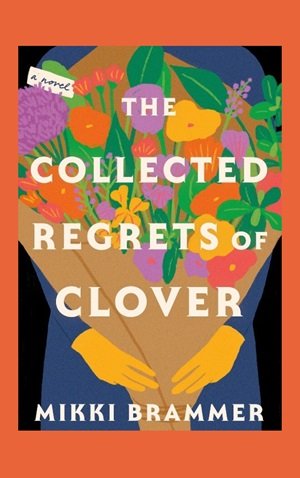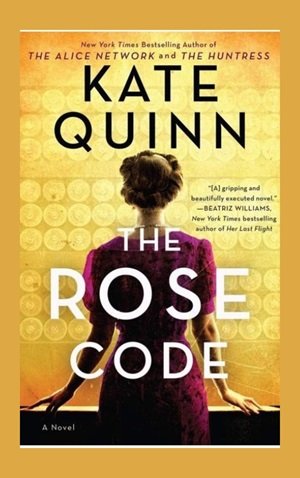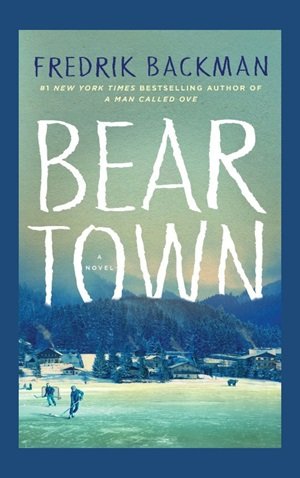The story of Clover, an introverted young woman marked by the early death of her parents in a car accident when she was a child. Raised by her grandfather, she developed an early interest in the meaning of death in different cultures and religions.
After losing her grandfather, Clover became a death doula. She accompanies and assists people in their final moments, allowing them to transcend in the best way. This leads her to learn from their “Regrets,” “Advice,” and “Confessions,” which she records in a notebook. This book challenges the taboo around death by offering a unique perspective.
Clover and her first experience with death
Her first close experience with death was at school when she witnessed her teacher’s death. This aroused her curiosity rather than fear. Then, her parents died tragically, and her grandfather raised her. He was a man she treasured. But he died while she traveled in Asia studying cultural perspectives on death.
Later, after her parents died prematurely, she lived with her loving grandfather. Yet, losing her grandfather while studying death perspectives in Asia filled her with guilt for not being there in the end.
Death Doula
Regretting not being there for his last moments, she becomes a death doula. So absorbed in her work, she isolates herself from the living and is only close to a neighbor, her grandfather’s friend. Until she meets Sebastian at a “death café,” meetings to discuss death. These cafes let people share death and grief experiences. Though uncomfortable, he persists in reaching out.
Her story helps us overcome death taboos in an enjoyable way. It starts with her first childhood connection, continues with family tragedy, and ends with her decision to assist others in their final transitions despite isolating herself.
Clover feels many people fail to understand and accept her work. So, she lies about it and hides that part of her life to avoid uncomfortable questions.
Her job is to go with dying people, either because they have no one or because their family can’t discuss practical matters. It’s emotional, and each person deals with it differently.
Then, through Sebastian, Clover meets his grandmother, Claudia. Claudia is a fascinating woman who inspires Clover to make changes. She invites Clover to explore new paths of friendship and romance. This leads Clover to question what she truly wants and find the courage to pursue it.
As mentioned before, Clover keeps three notebooks – “Regrets,” “Advice,” and “Confessions” – where she writes what clients say before death. She often checks the Regret’s notebook to honor them. She tries to do activities they couldn’t complete while alive.
Later, Clover journeys to find one of Claudia’s old loves. On this trip, she meets Hugo, who becomes important to her.
This book conveys a beautiful message in my view: we often forget to live life fully, letting guilt and regrets overwhelm or block us from the life we want. We all have dreams that we shouldn’t abandon despite difficulties. Let’s try to live fully so that when it’s time to go, we leave without regrets, having lived the life we wanted.
The novel also made me reflect more on death and reducing loneliness for those without family or friends. I think we should prepare not just for our own death but also for others’ deaths. Knowing how to support someone in their final moments would be meaningful. But when loved ones near the end, we tend to focus on our own loss rather than what they feel.
This phrase resonated: what good is ensuring a beautiful death if you can’t live a beautiful life? We should strive to live fully without regrets, to leave peacefully when the time comes.



